On April 7, the Foundation for the Memory of Slavery and the Ile-de-France Region in partnership with the Center des monuments nationaux, pay tribute to Toussaint Louverture at the Panthéon in Paris for the 220th anniversary of his death.
The Pantheon honors many characters associated with the memory of slavery such as Condorcet or Abbé Grégoire after the Revolution or under the July Monarchy and the 2nd Republic such as Victor Schoelcher. There are also descendants of slaves like Alexandre Dumas, Félix Eboué, Joséphine Baker or Aimé Césaire. This is also the case of Toussaint Louverture whose inscription was affixed to his memory on April 27, 1998, on the occasion of the 150th anniversary of the abolition of slavery.
Stakeholders
The ceremony hosted by comedian Jimmy Jean-Louis, who played Toussaint Louverture in an eponymous film, began at 6:45 p.m. with a wreath laying in the crypt by the personalities present: including the administrator of the Panthéon and Center des monuments, Barbara Wolfffer. The Ambassador of Haiti, H.E. Jean José Pierre Dahomey spoke, followed by Jean-Marc Ayrault, former Prime Minister and President of the Foundation for the Memory of Slavery and the representative of the French government.
The intervention of Pierre Buteau, president of the Haitian society of history, geography and geology, related to the place of Toussaint Louverture in history and was entitled: « Toussaint Louverture, a man in history ». It was followed by that of Eric Sauray, lawyer and author of the play on the former slave who became a general of the Republic. She spoke of « The Universal reach of Toussaint Louverture.
Young people from the Second Chance School then read a selection of texts by and about the one considered the symbol of Haitian independence. The evening ended with a musical tribute by Haitian singers Emeline Michel, nicknamed the « Joni Mitchell of Haiti, and James Germain, ambassador of the great traditional tunes of the voodoo repertoire.
Who was Toussaint Louverture?
Toussaint Louverture, whose real name is François-Dominique Toussaint de Bréda, was born near Cap-Français (today Cap-Haïtien) in 1743. Of culture from the Allada people (today Benin), he remains very attached to his culture but chooses the Catholic religion.
From the slave statut, he was freed in 1776 and can read and write. In 1791, when he joined the slave uprising and became one of its leaders. He rallied to France 3 years later and was appointed general of an army made up of former freed slaves before becoming the strong man of the country. This is how he endowed the country with a constitution in 1801 Bonaparte decided to go to the island to overthrow him. Arrested the following year, he was deported without trial to Fort de Joux in the Jura and died in captivity at La Cluze-et-Mijoux in the Doubs on April 7. 1803. Its former officers led by Jean-Jacques Dessalines defeat the French army and declare the independence of the colony in 1804 under the name of Haiti.
Toussaint Louverture seen by his contemporaries
During his lifetime considered as the « Black Spartacus », Toussaint Louverture has embodied for more than 2 centuries the fight against slavery and for the dignity of black populations. Its texts represent its historical appearance in its first proclamation in 1793; a response to a former slave owner in 1797; his opposition to the restoration of slavery the same year; his last declaration in Santo Domingo in 1802 and the letter denouncing the treachery of his arrest in 1803.
General Laveaux, Governor of Santo Domingo during the Revolution; General Leclerc, sent by Bonaparte to overthrow him; Napoleon Bonaparte himself testified about the politician. Later, in 1850, Alphonse Lamartine, writer and politician as well as Frédérick Douglass, former slave and American abolitionist also spoke of him. This was also the case of his Martinican compatriots, the politician and writer Aimé Césaire as well as the writer Edouard Glissant.
An exhibition at the Pantheon
Between November 2023 and until the end of February 2024, an exhibition is being held at the Panthéon, co-organized with the Foundation for the Memory of Slavery, to honor the heroines and heroes of the fights for freedom and the abolition of slavery.
Share this content:


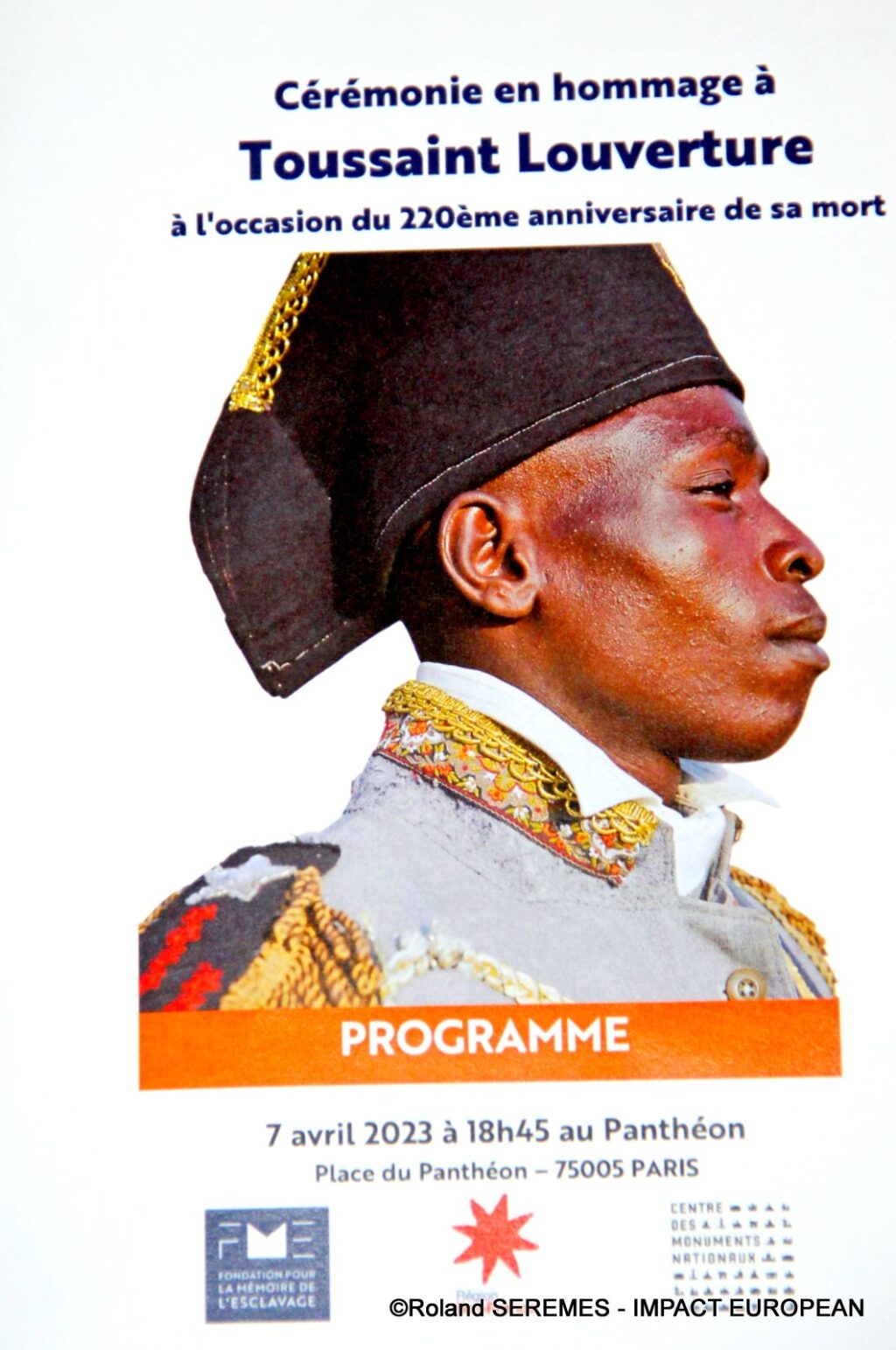
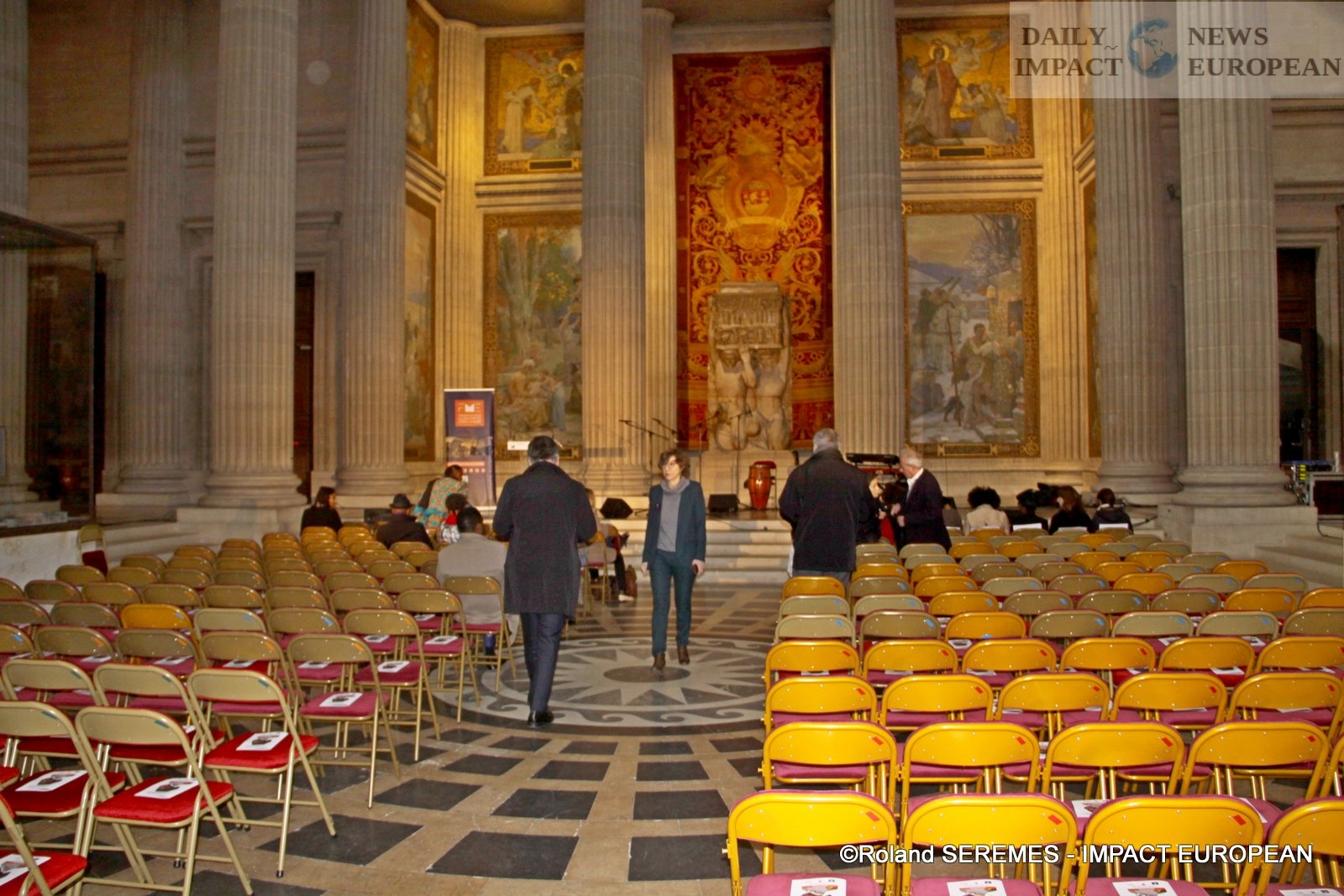
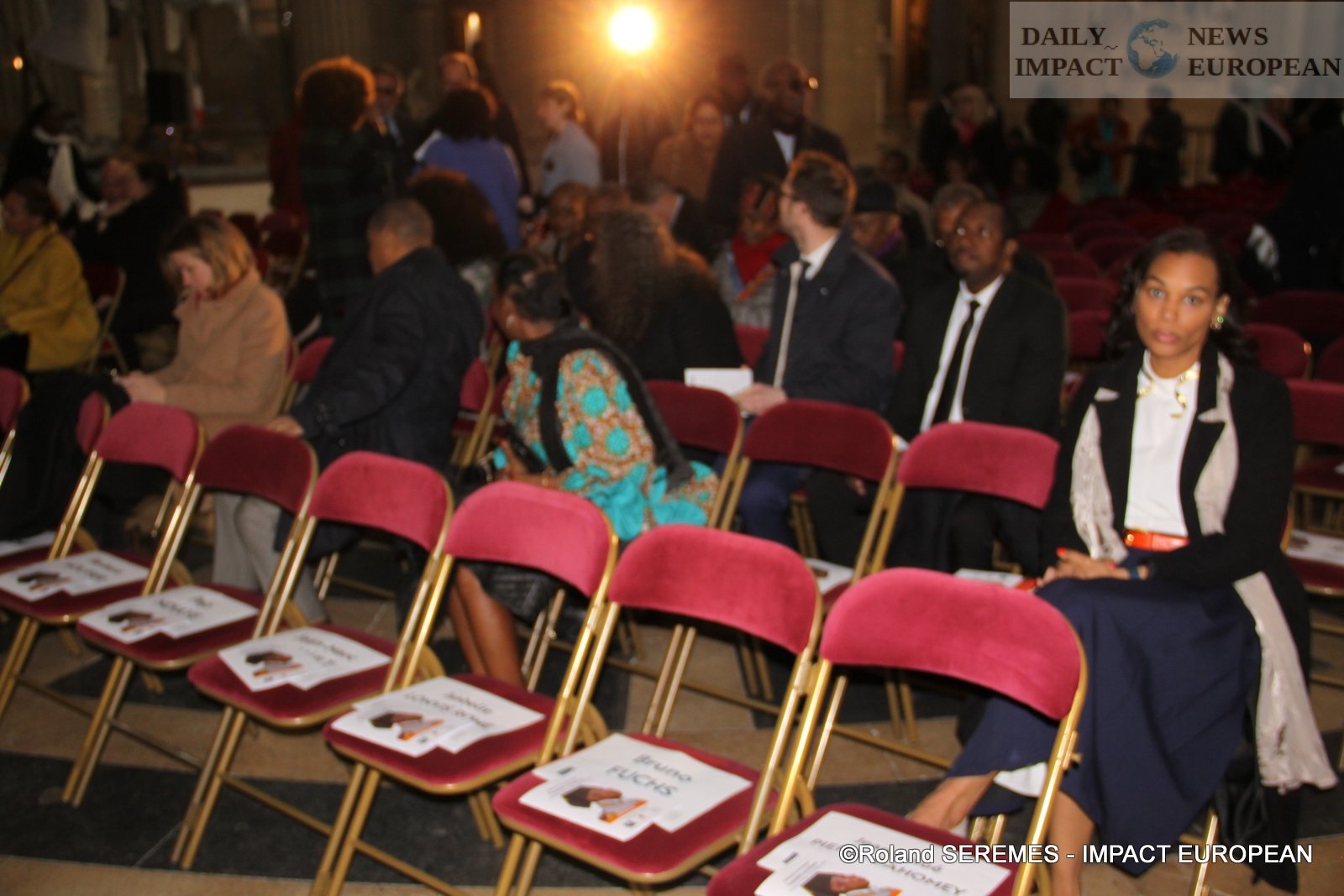
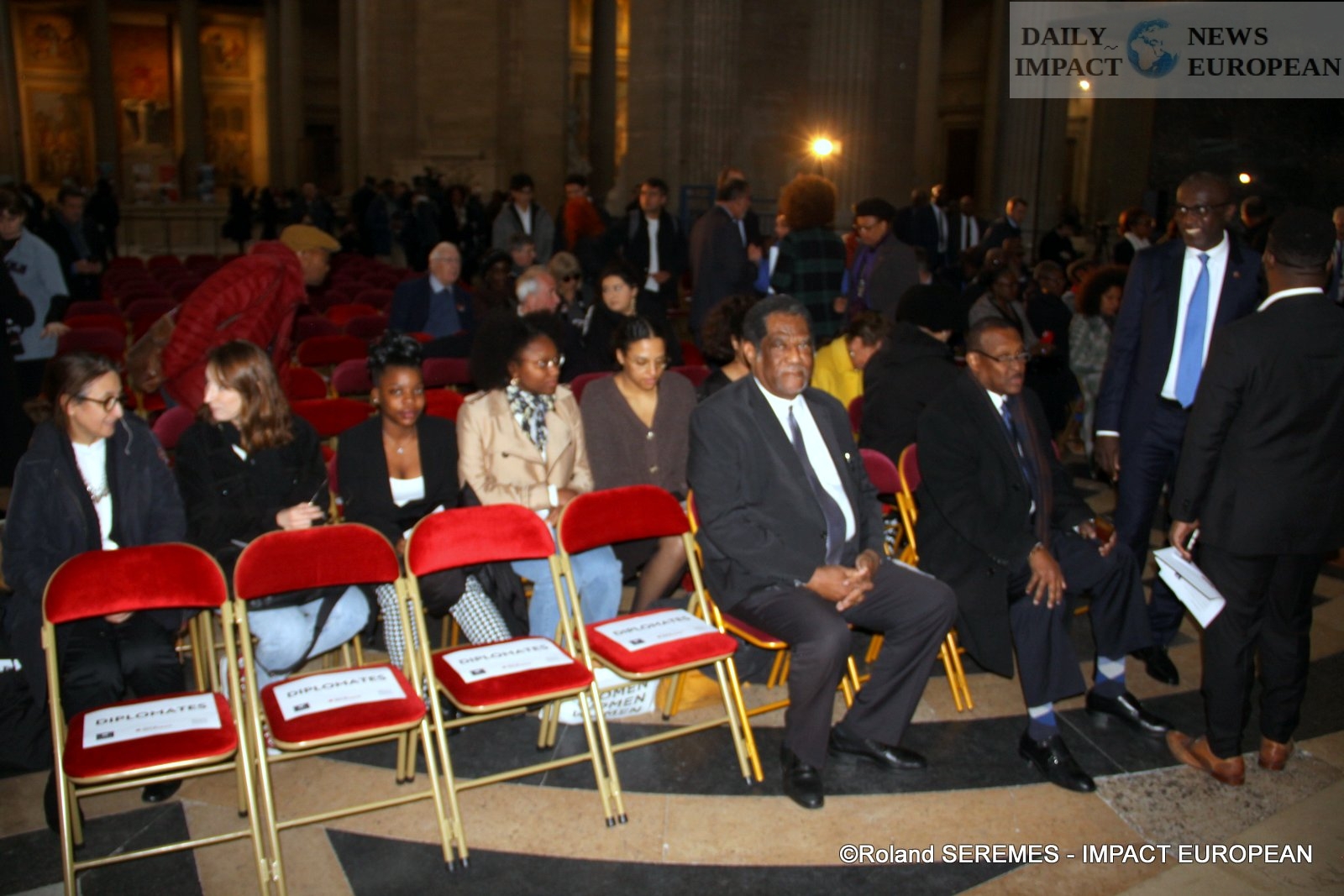
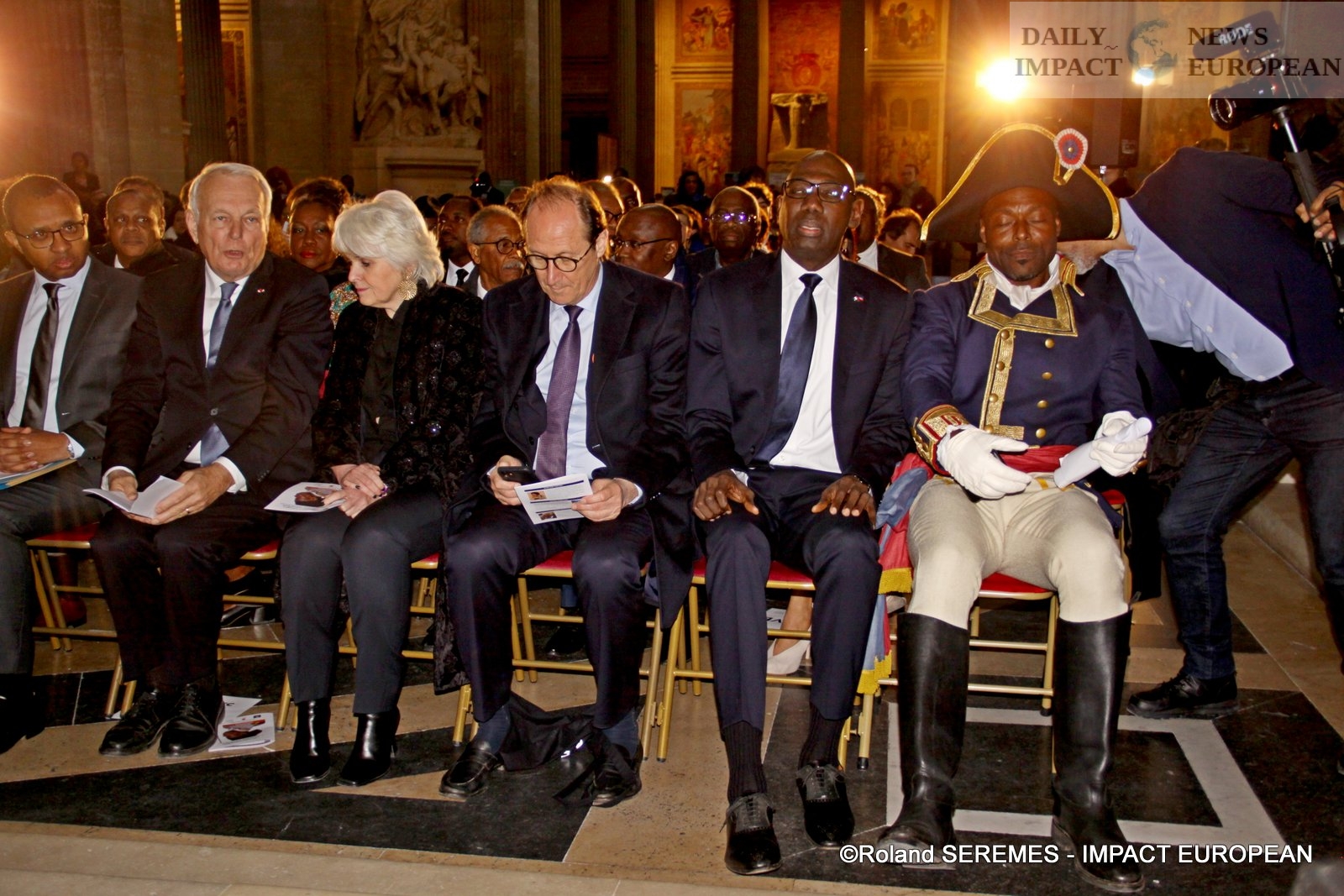
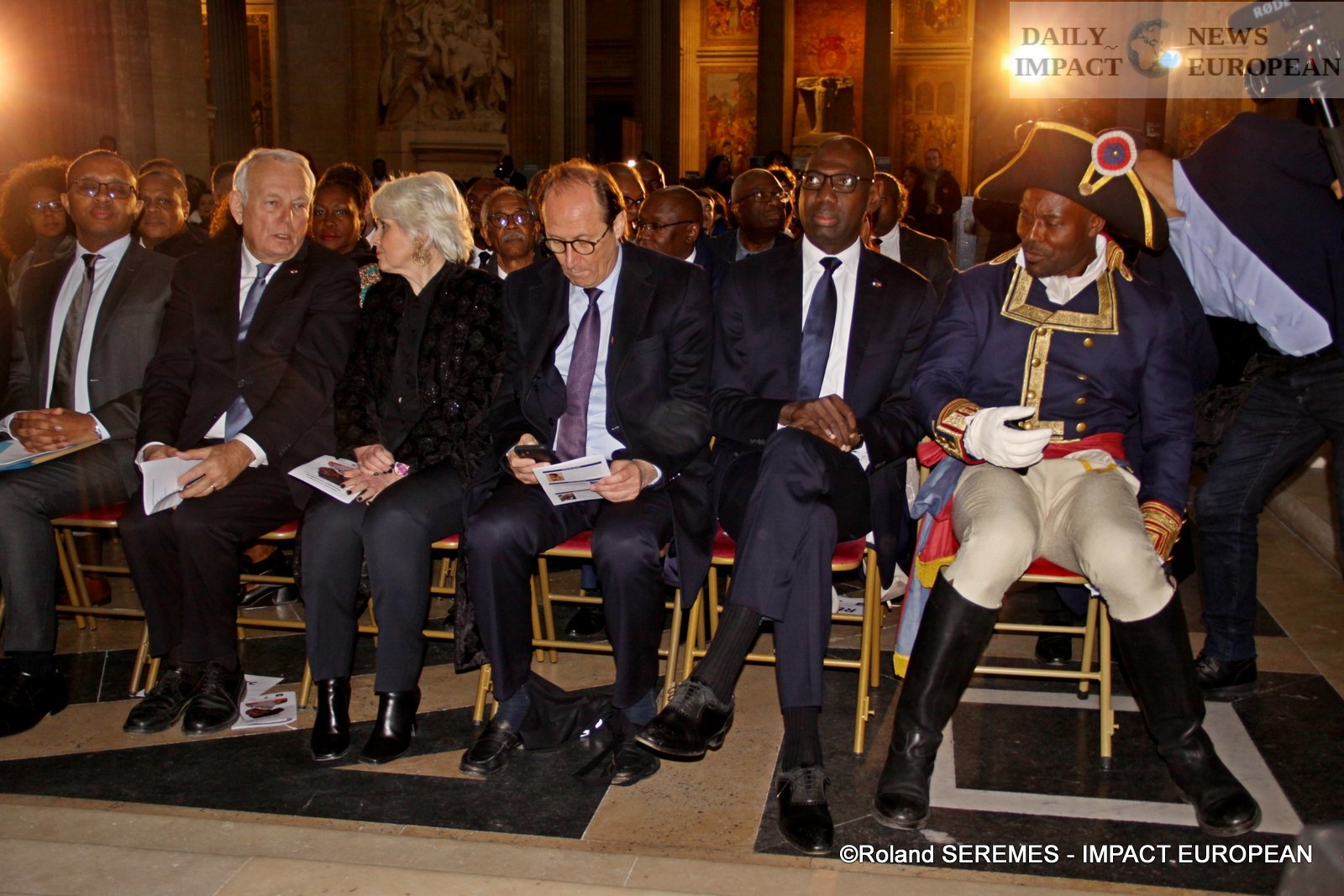

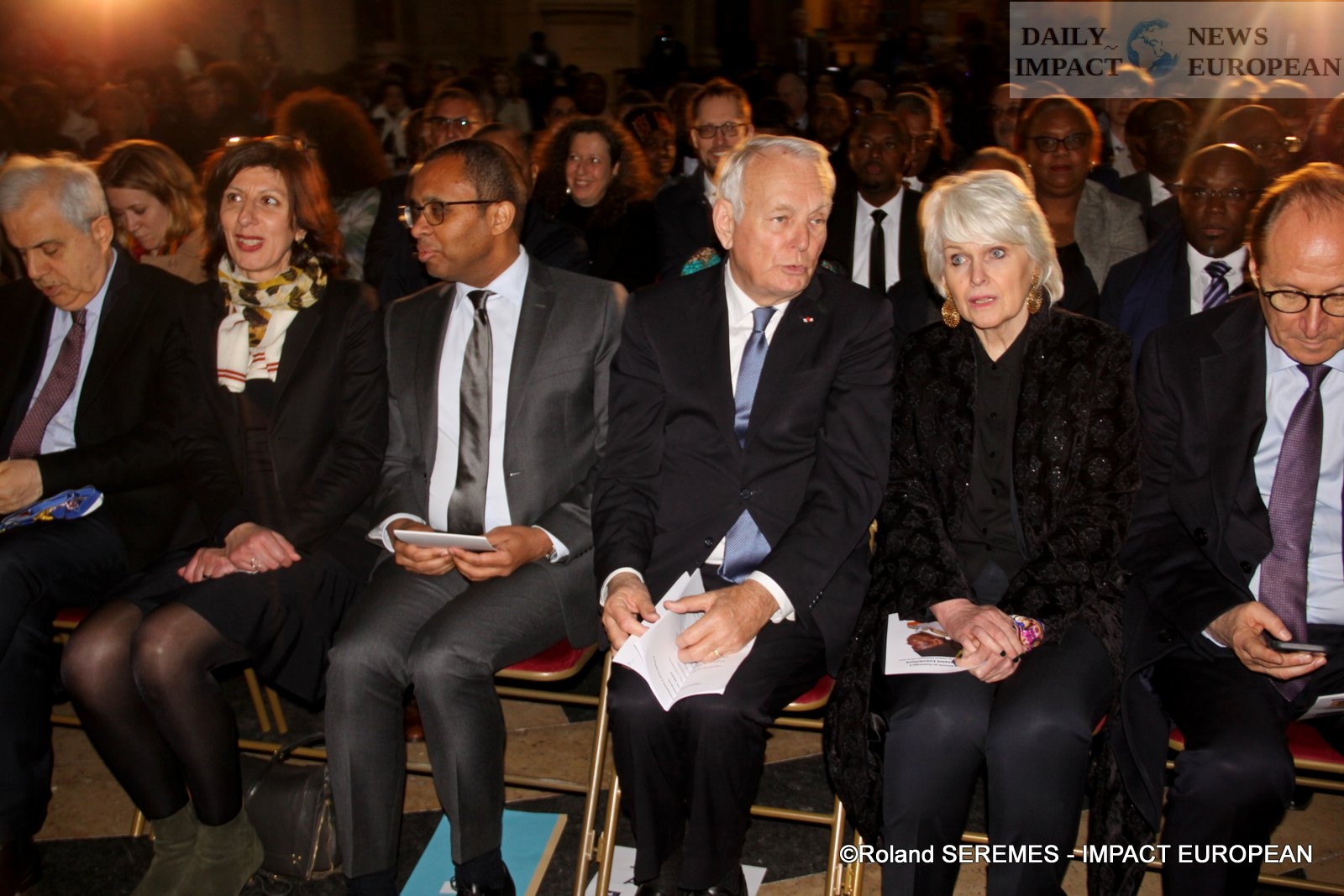
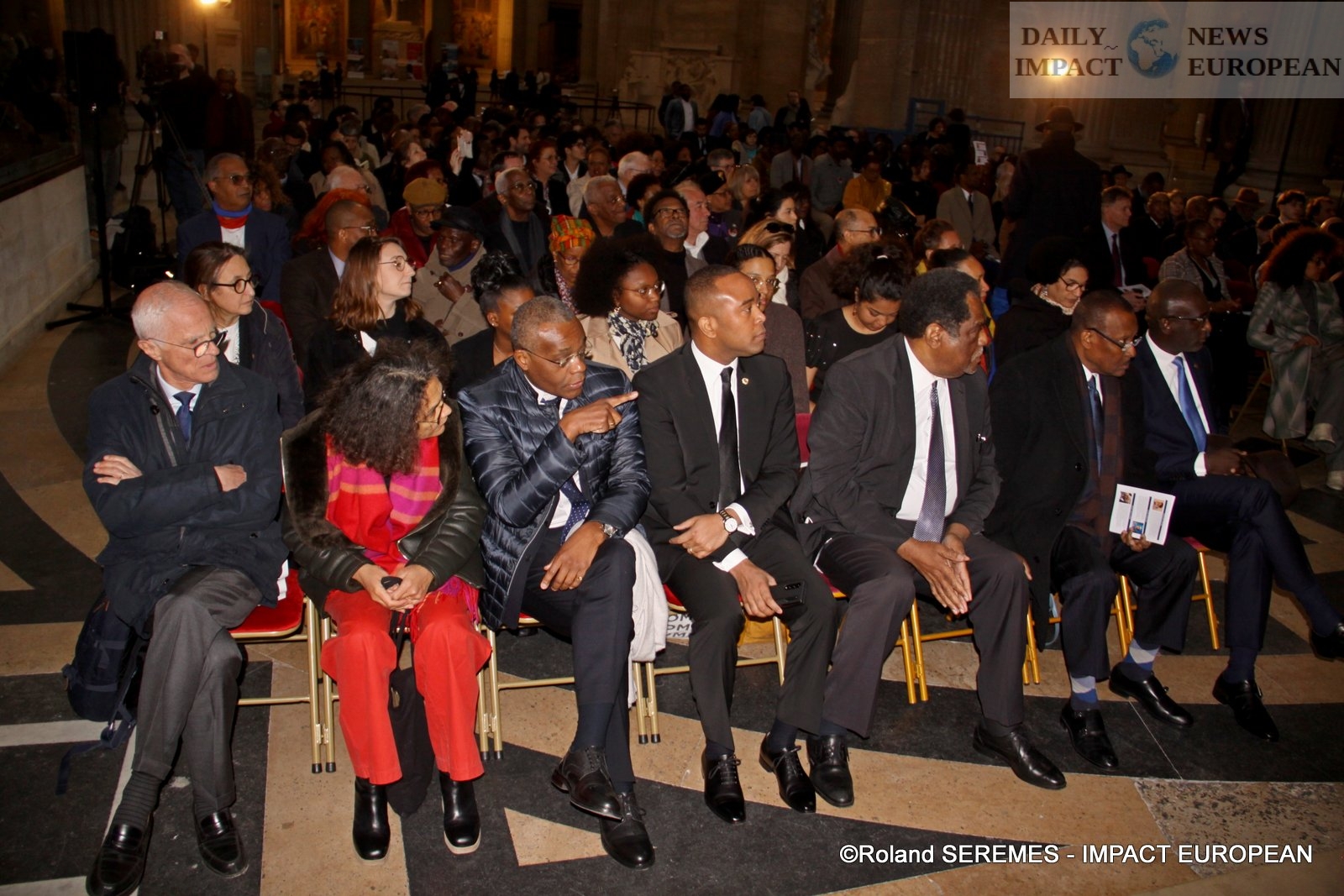
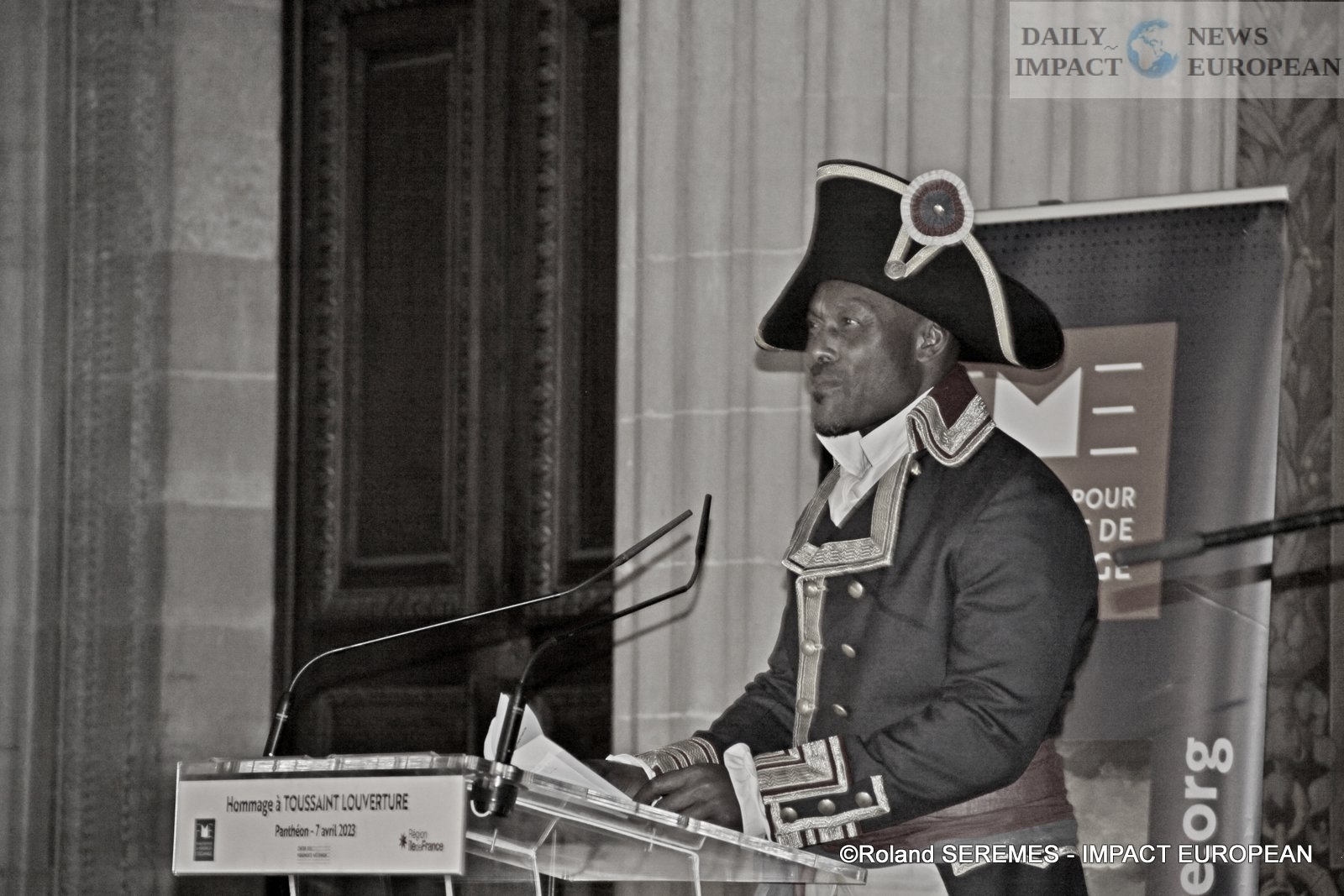

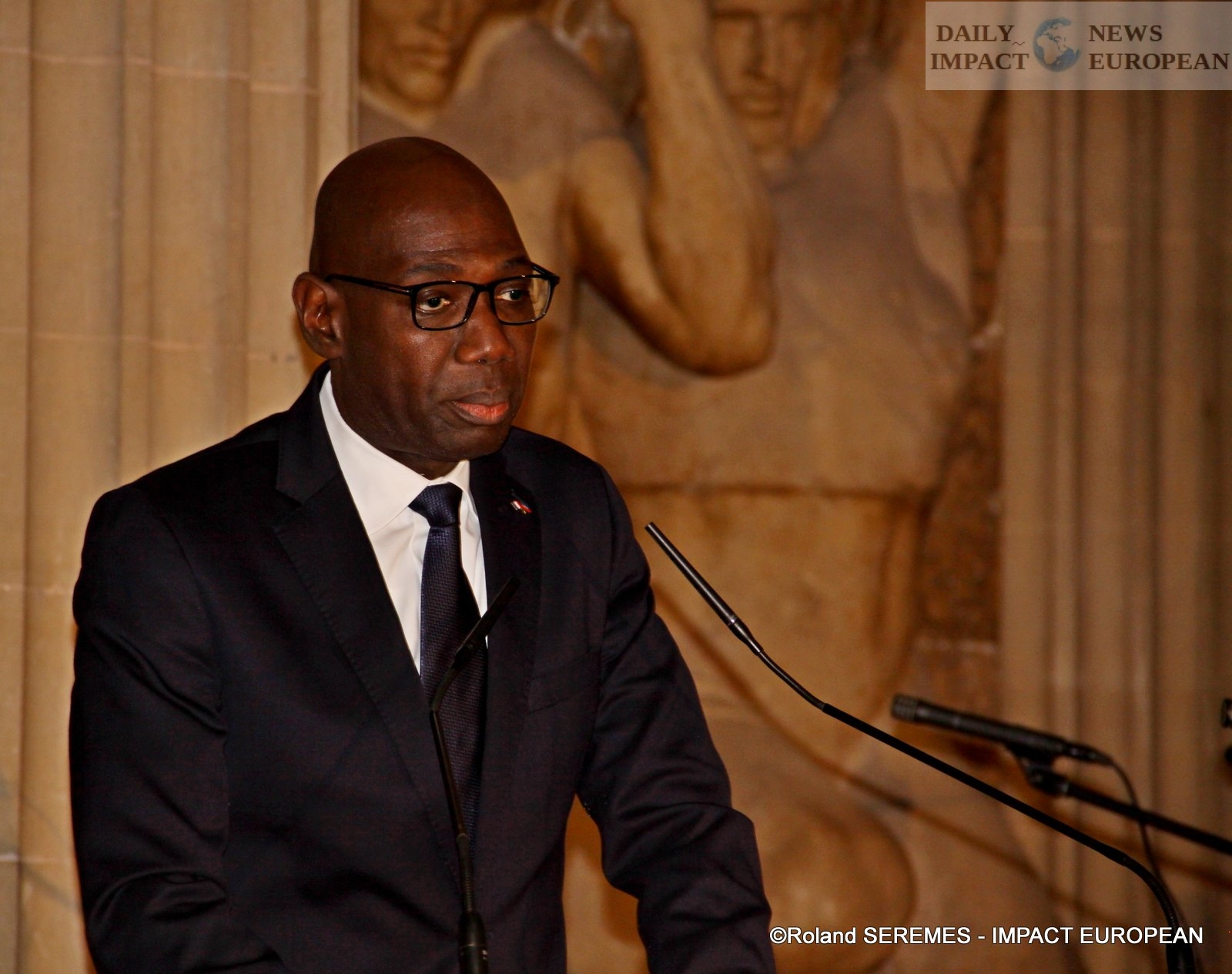
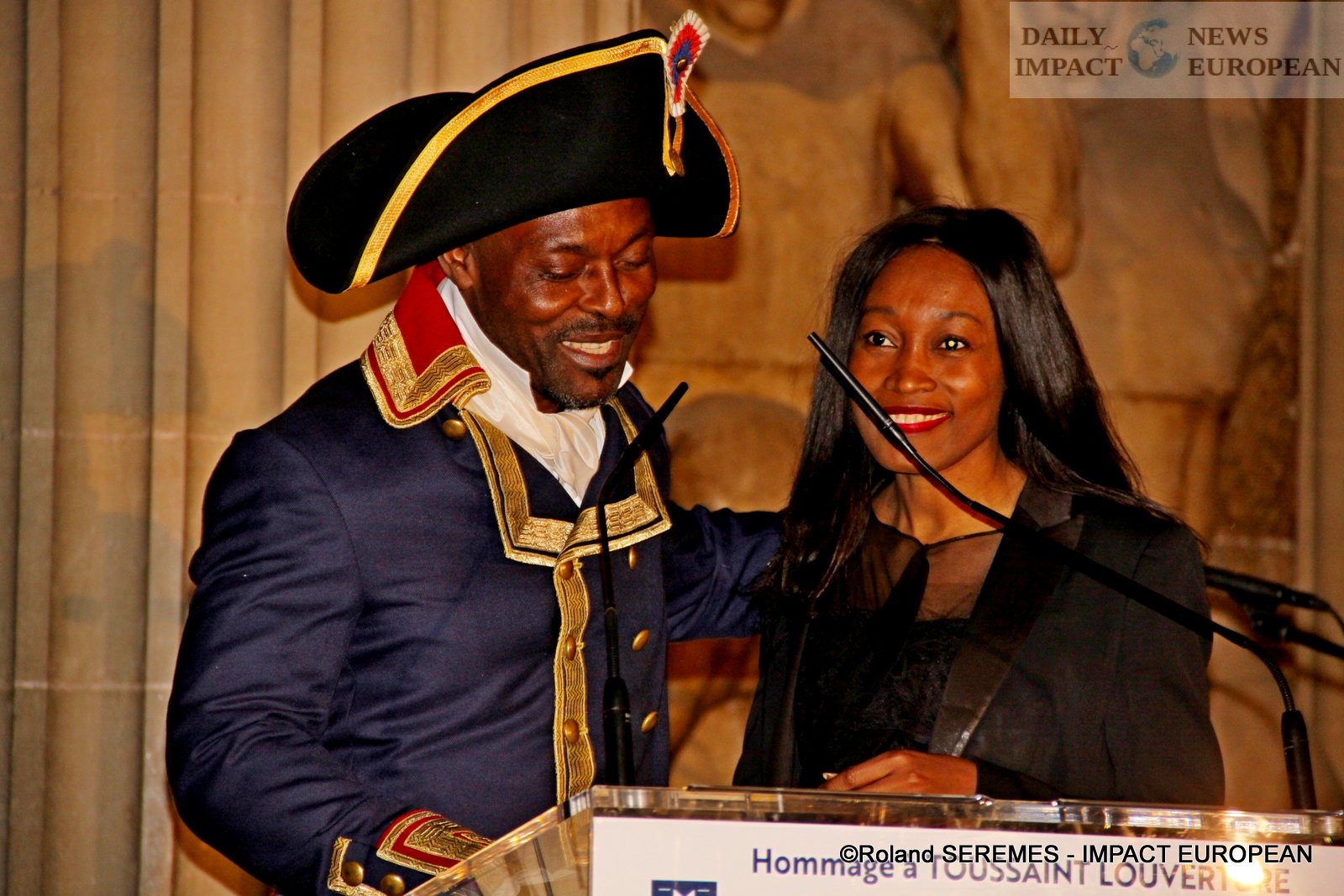

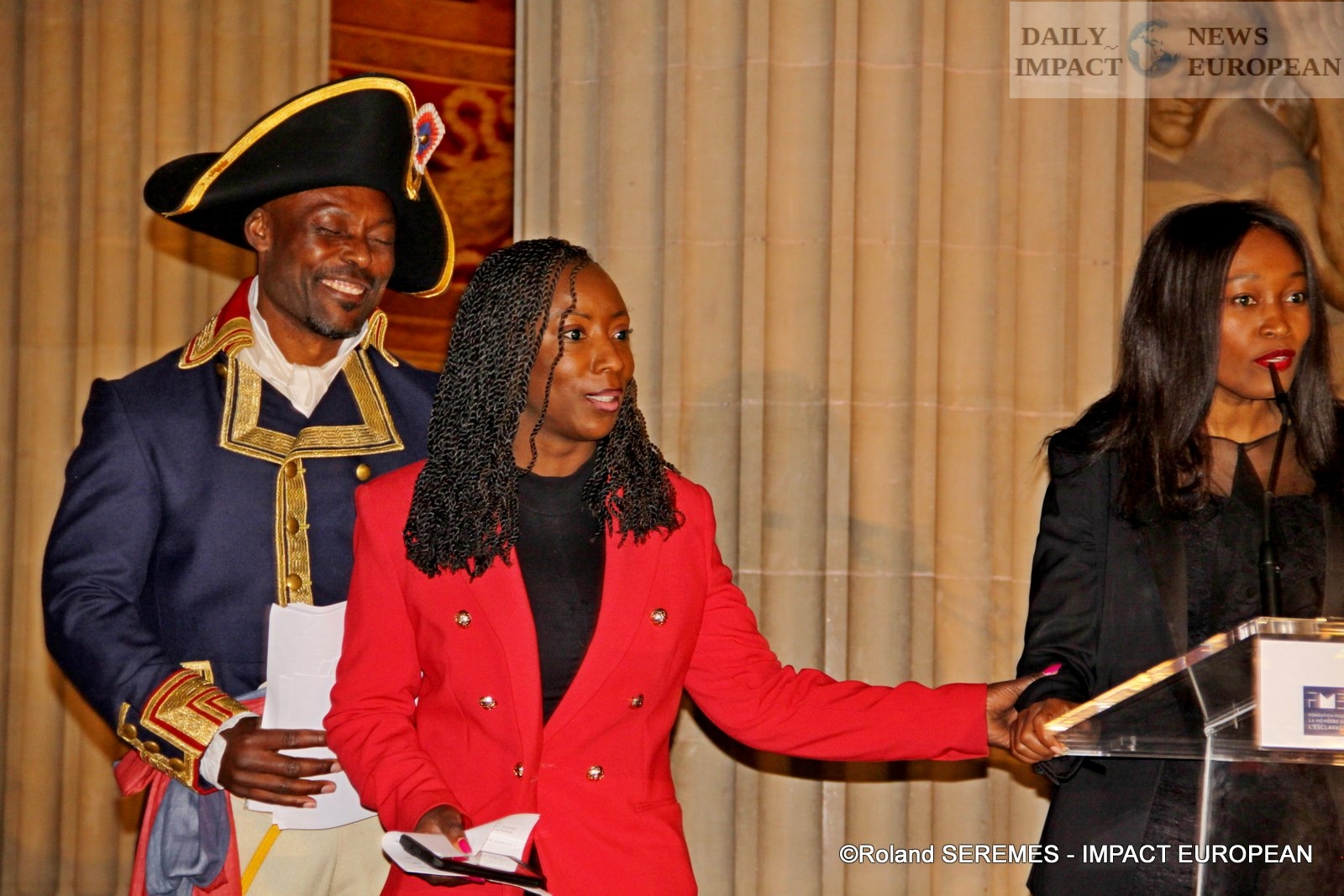
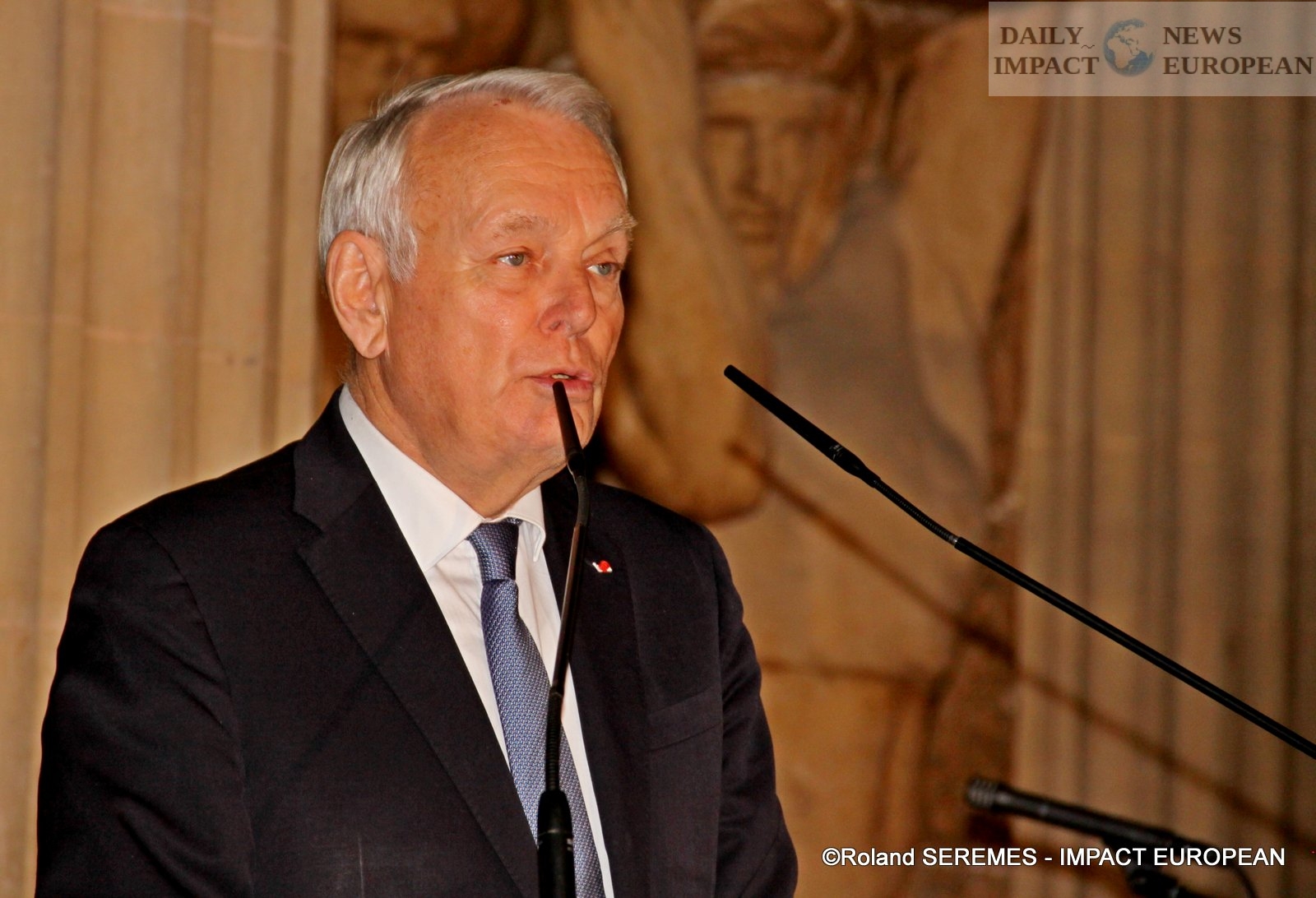
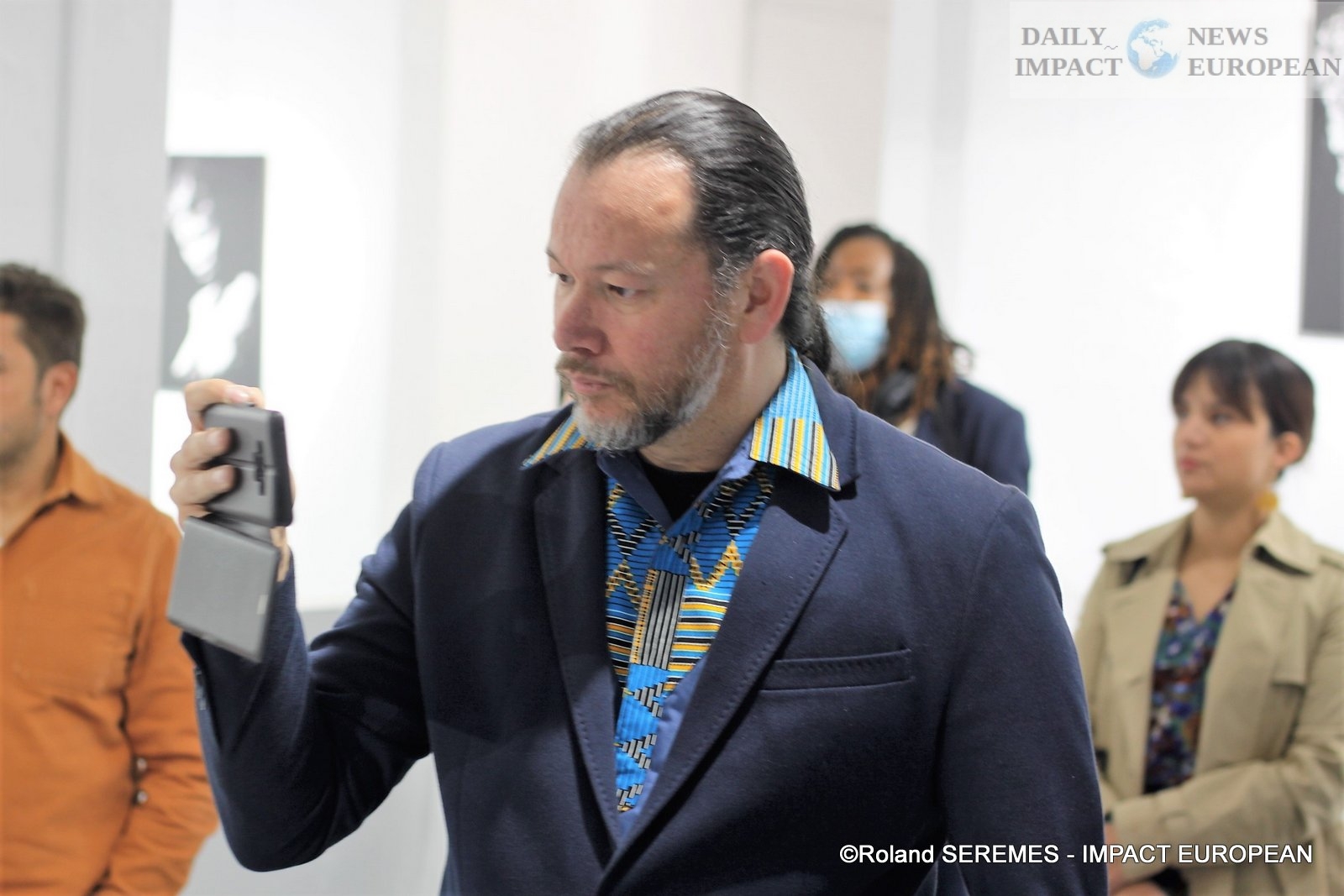

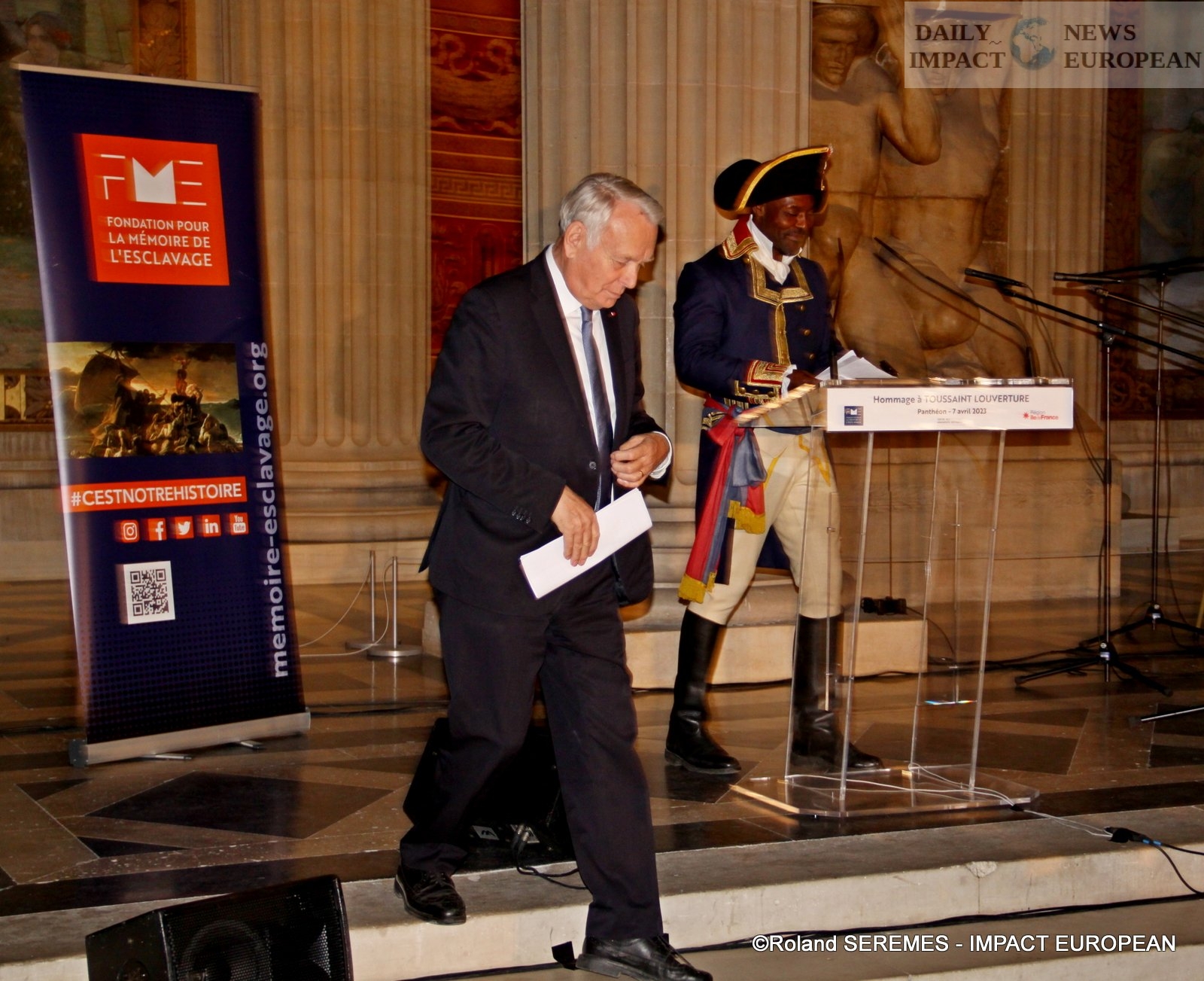
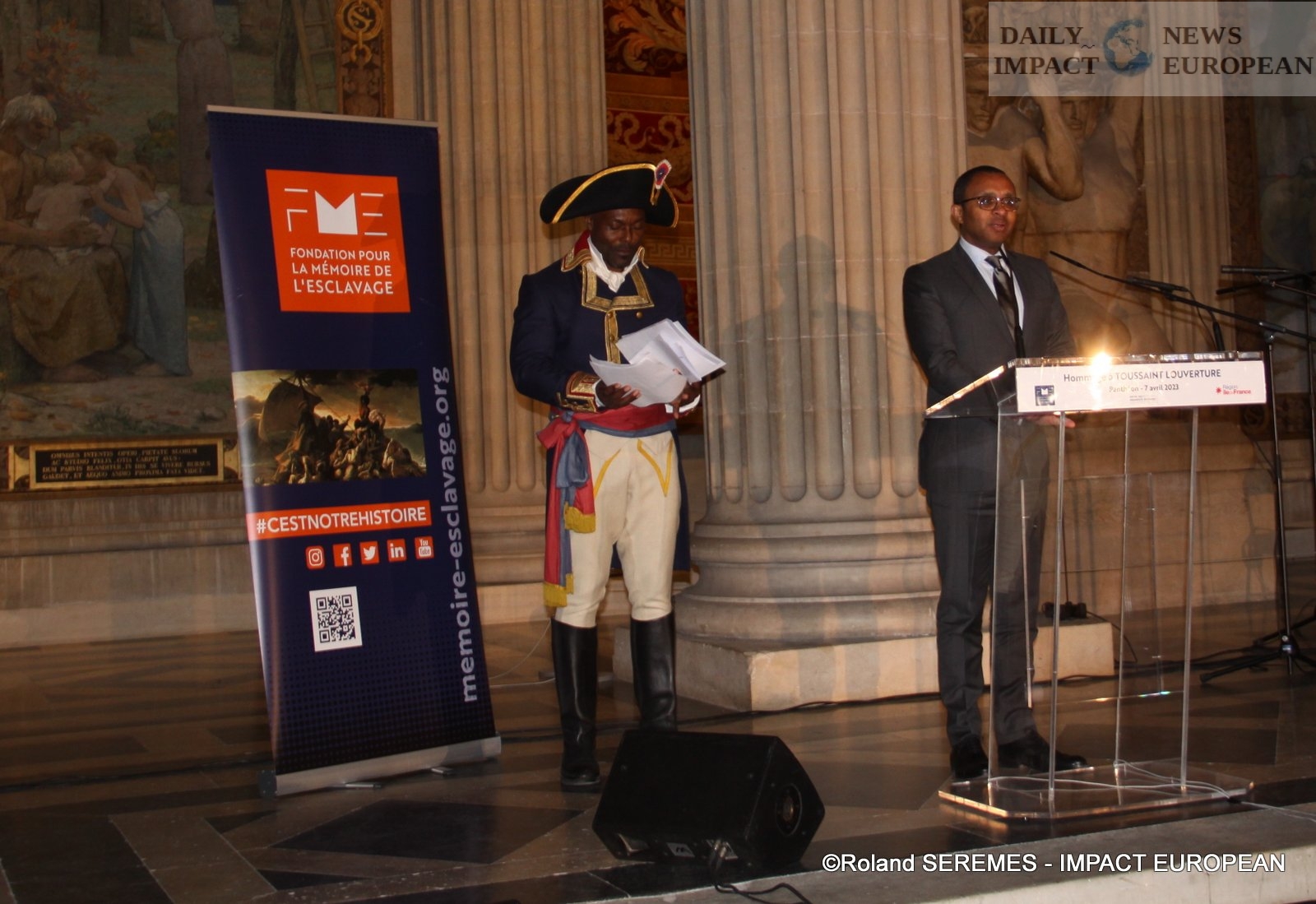
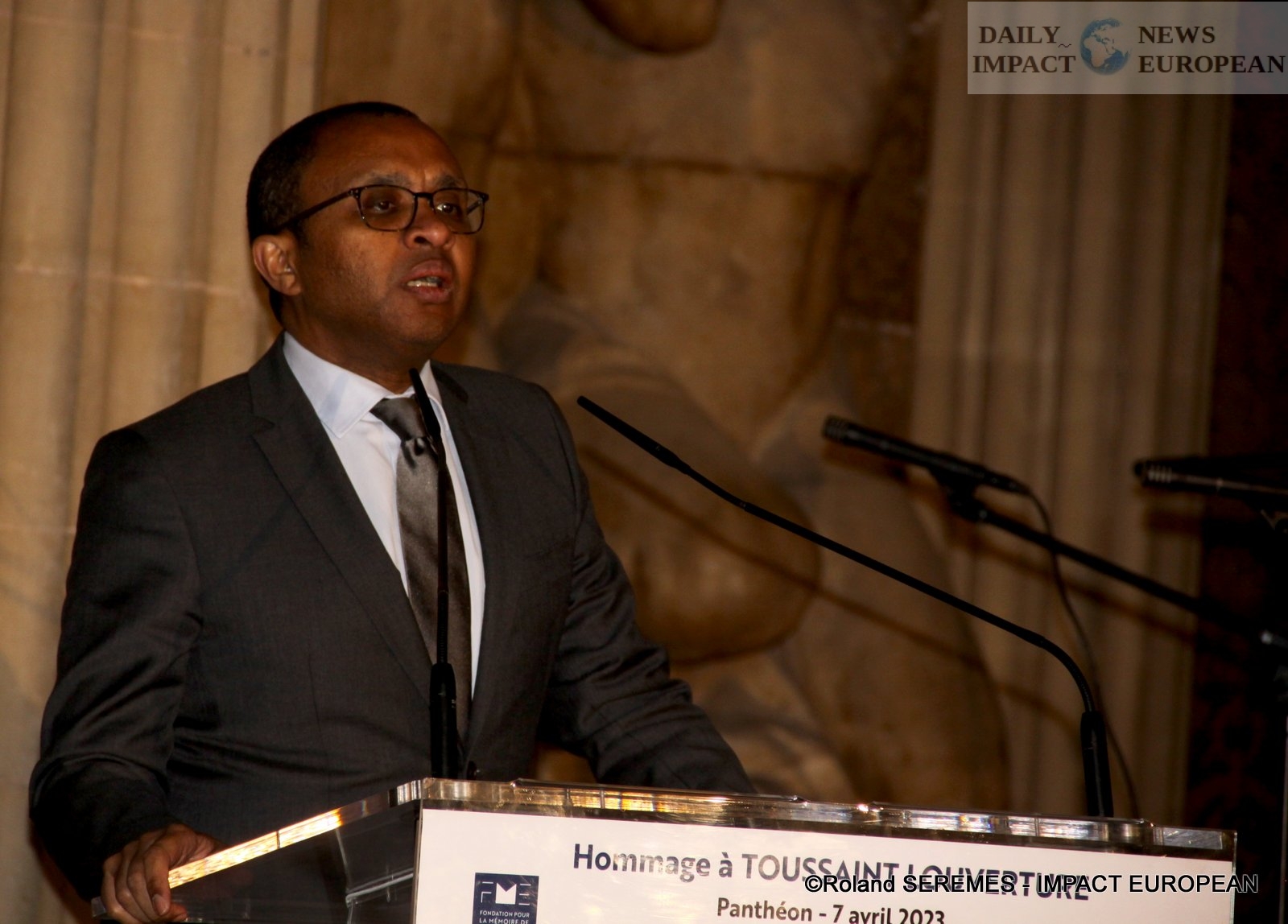
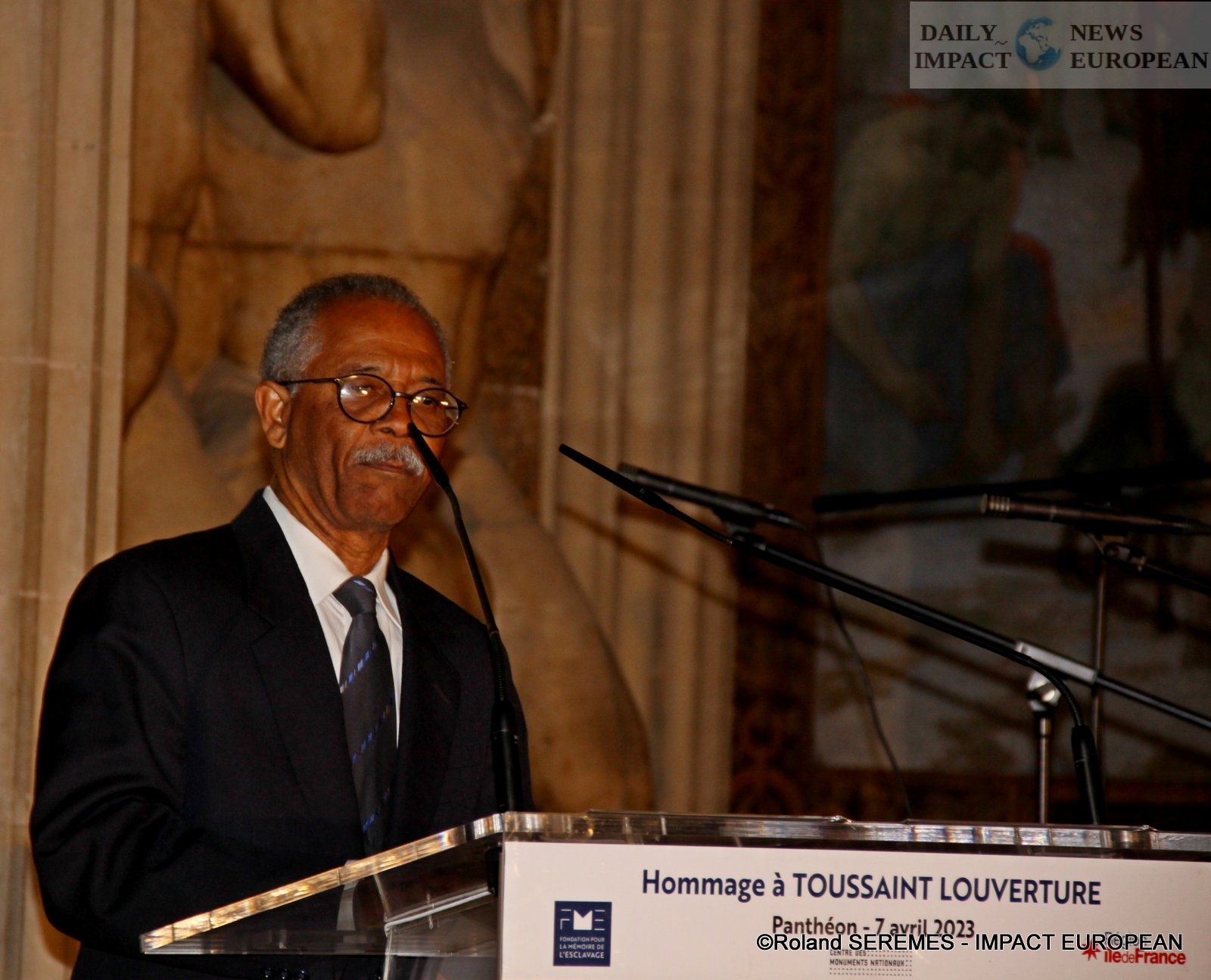
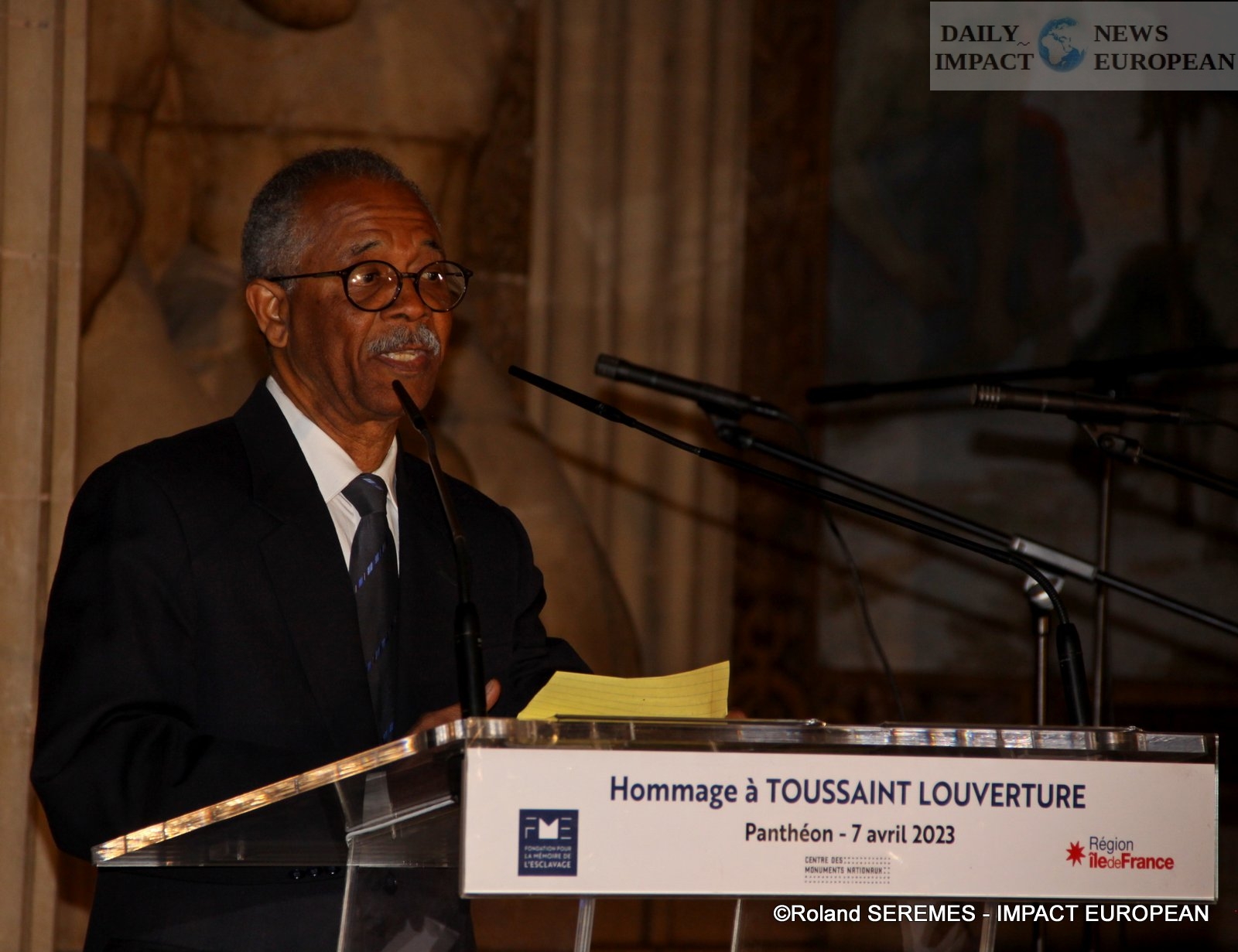
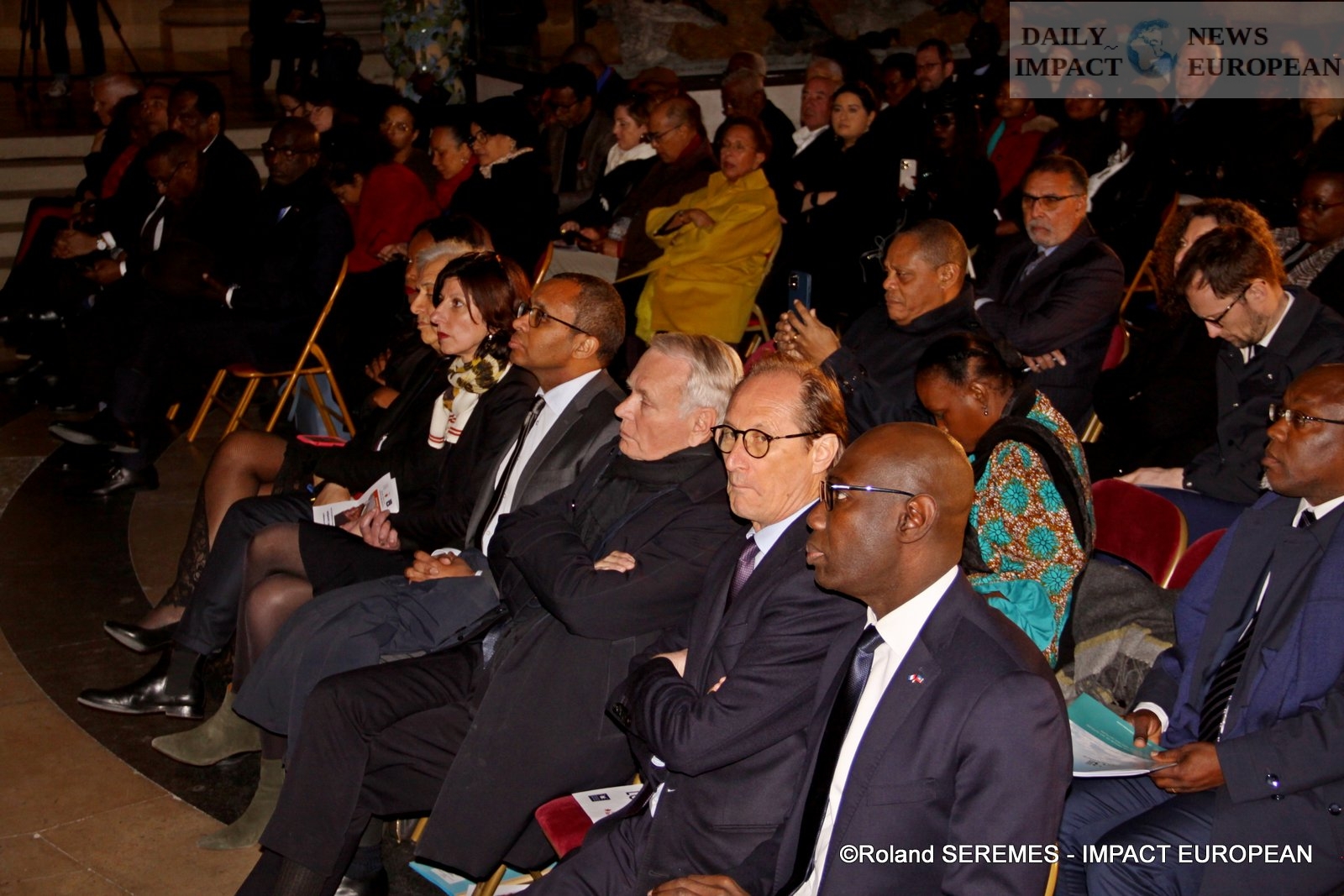
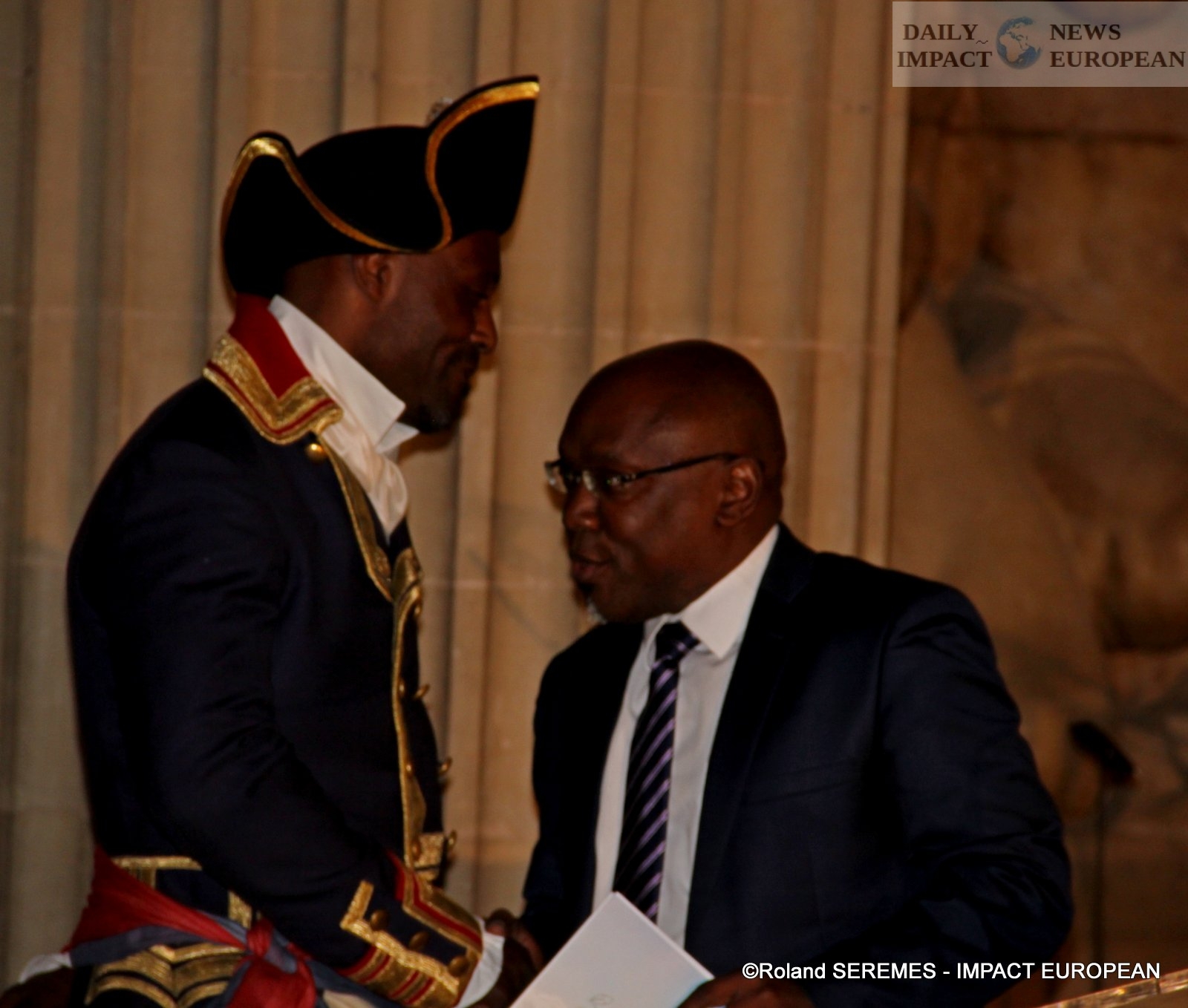
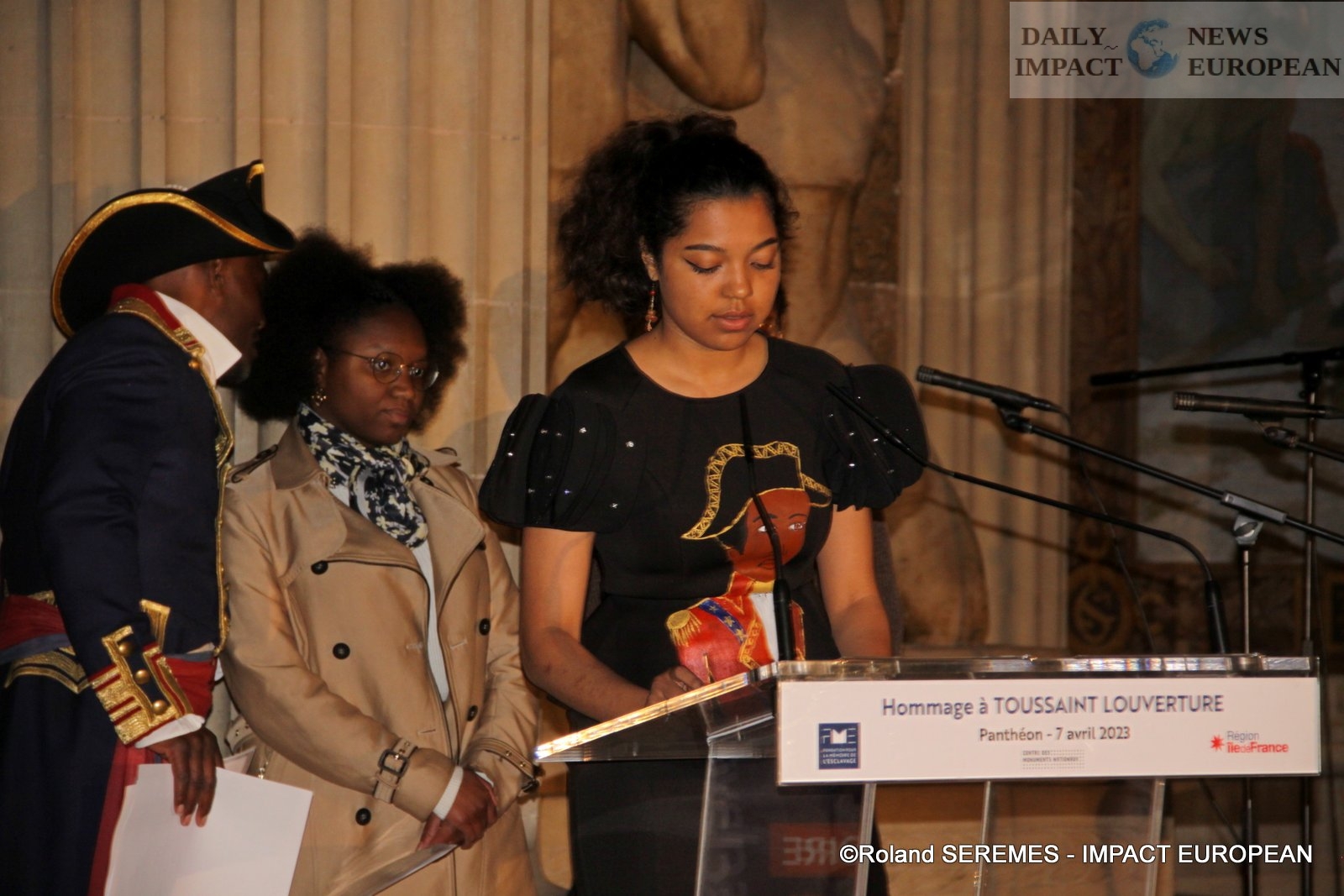
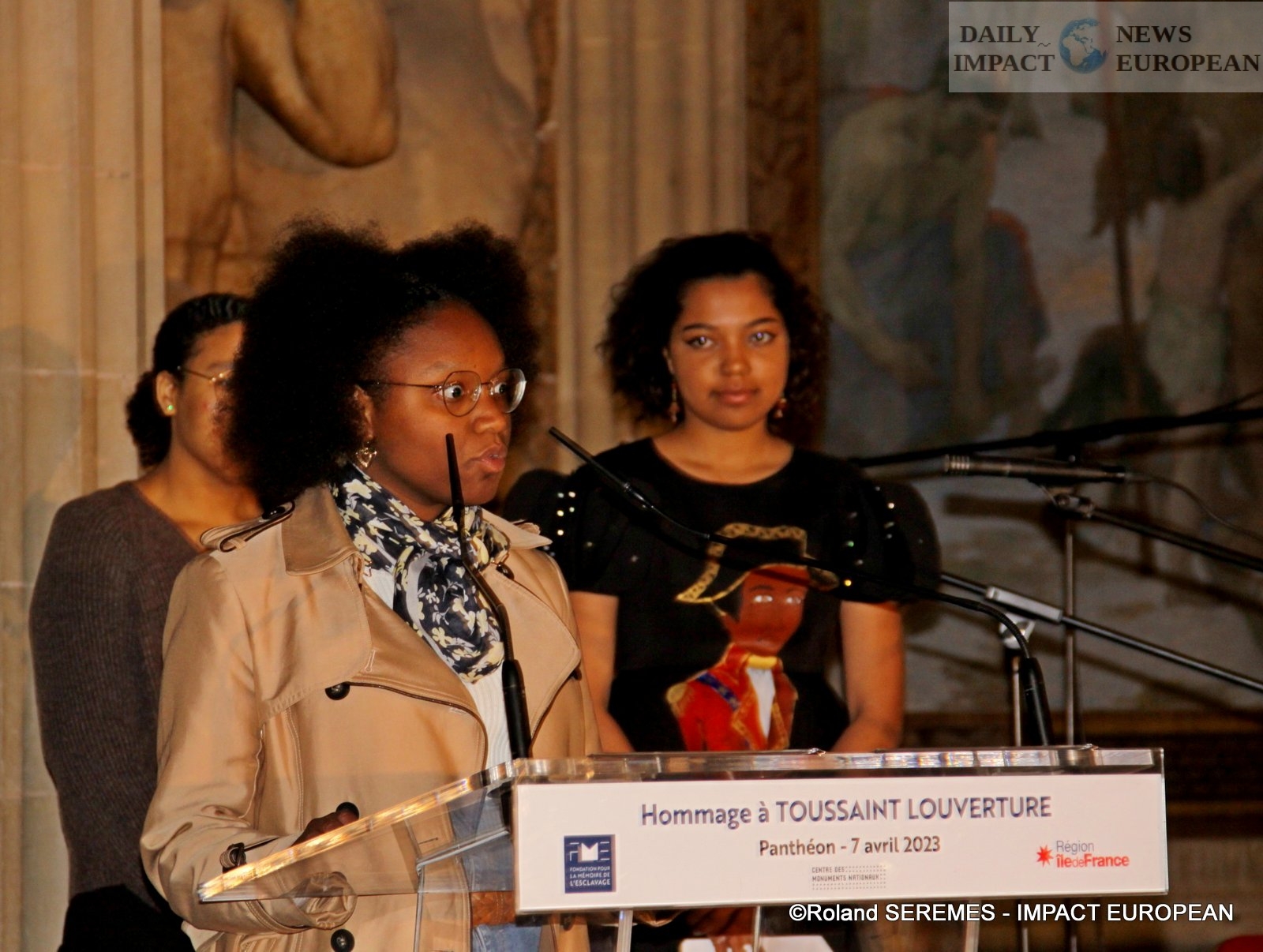

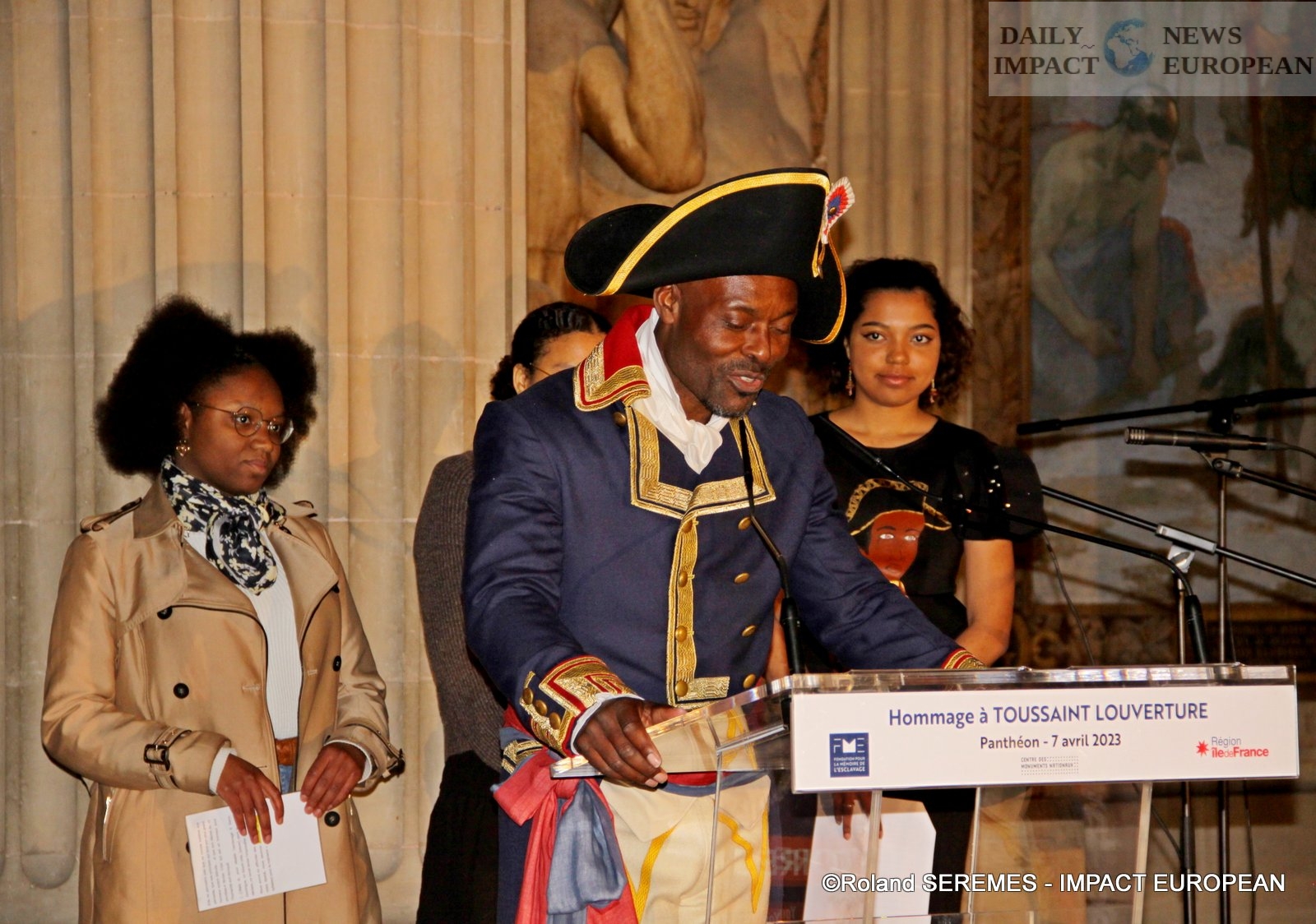
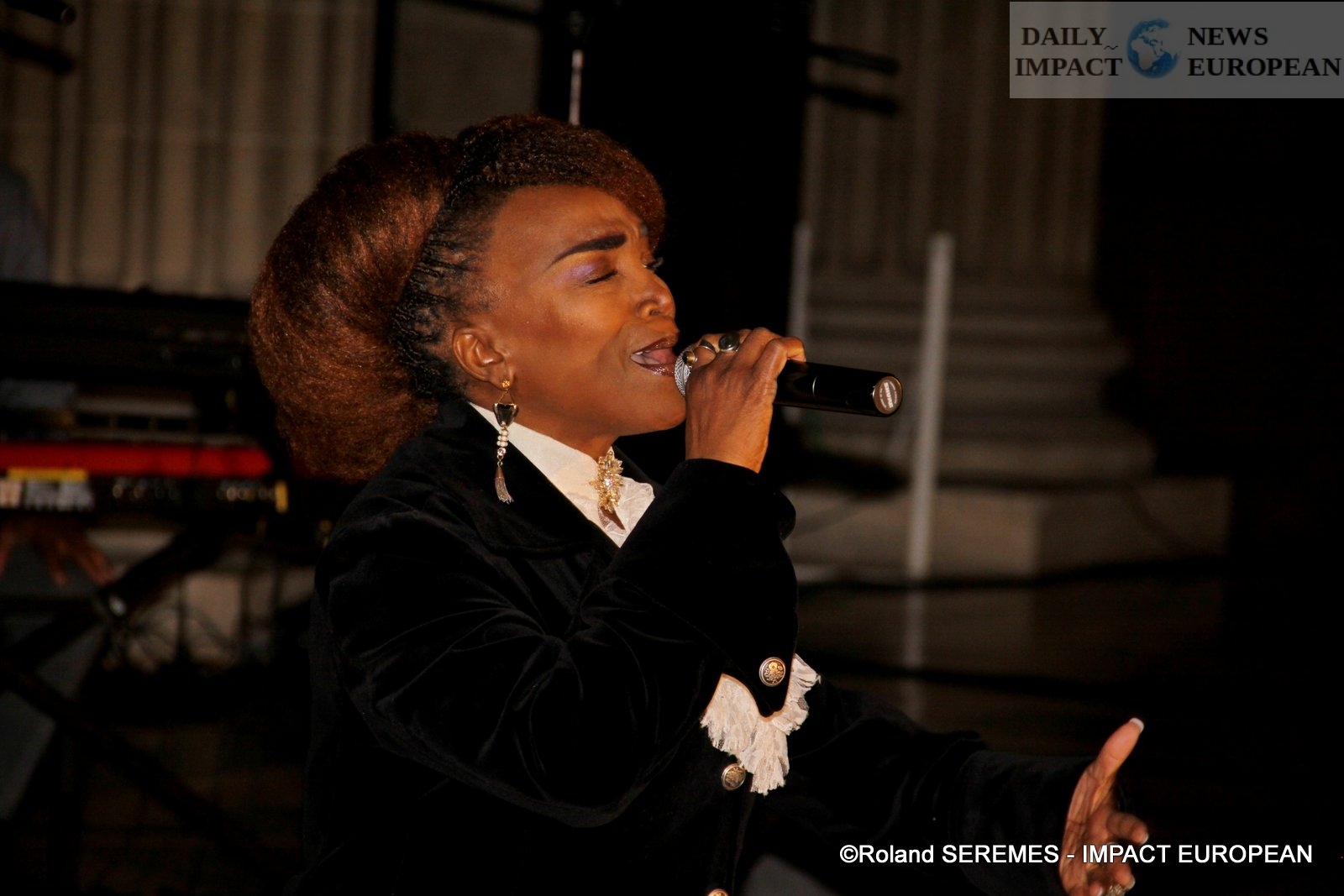
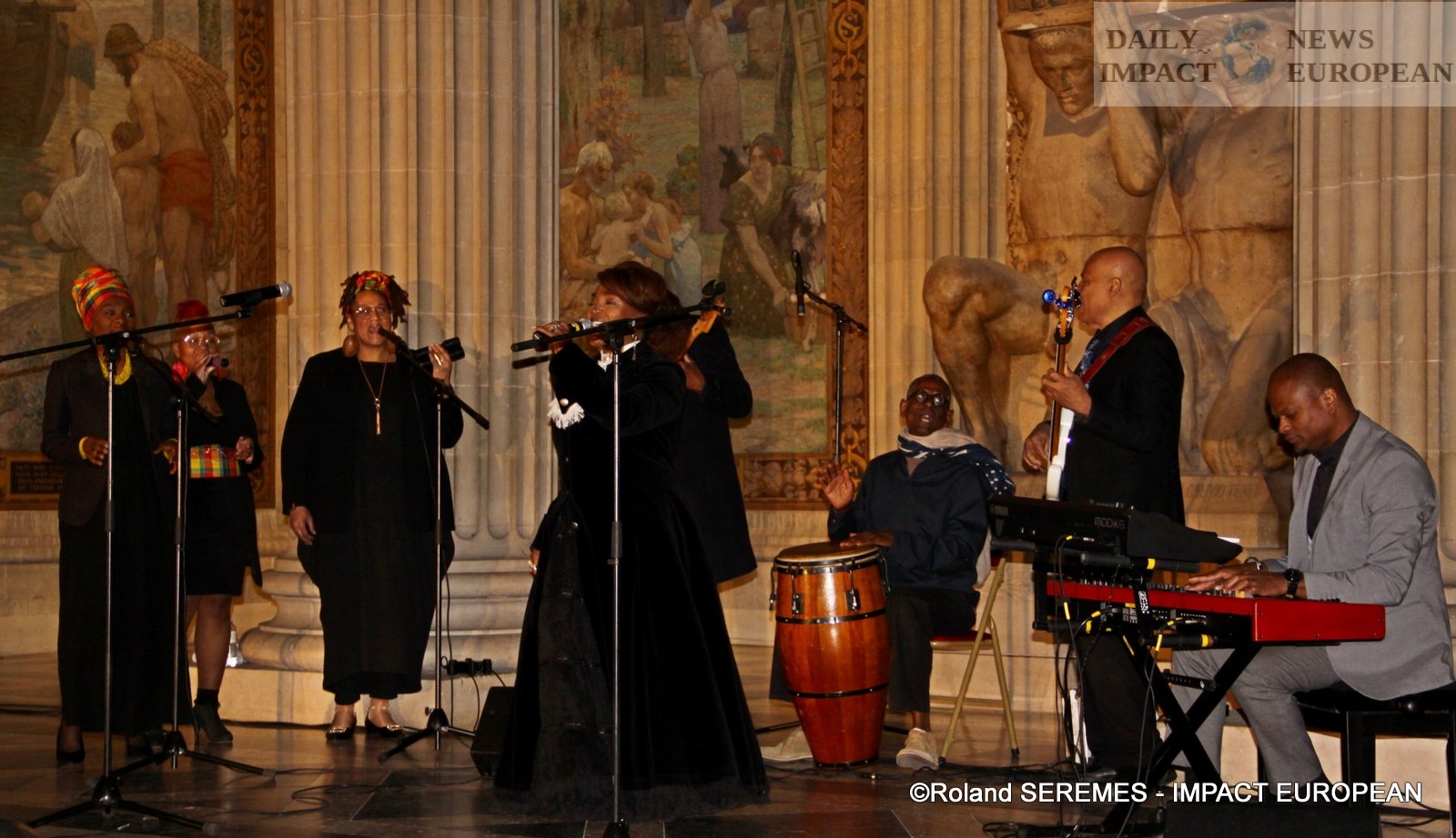

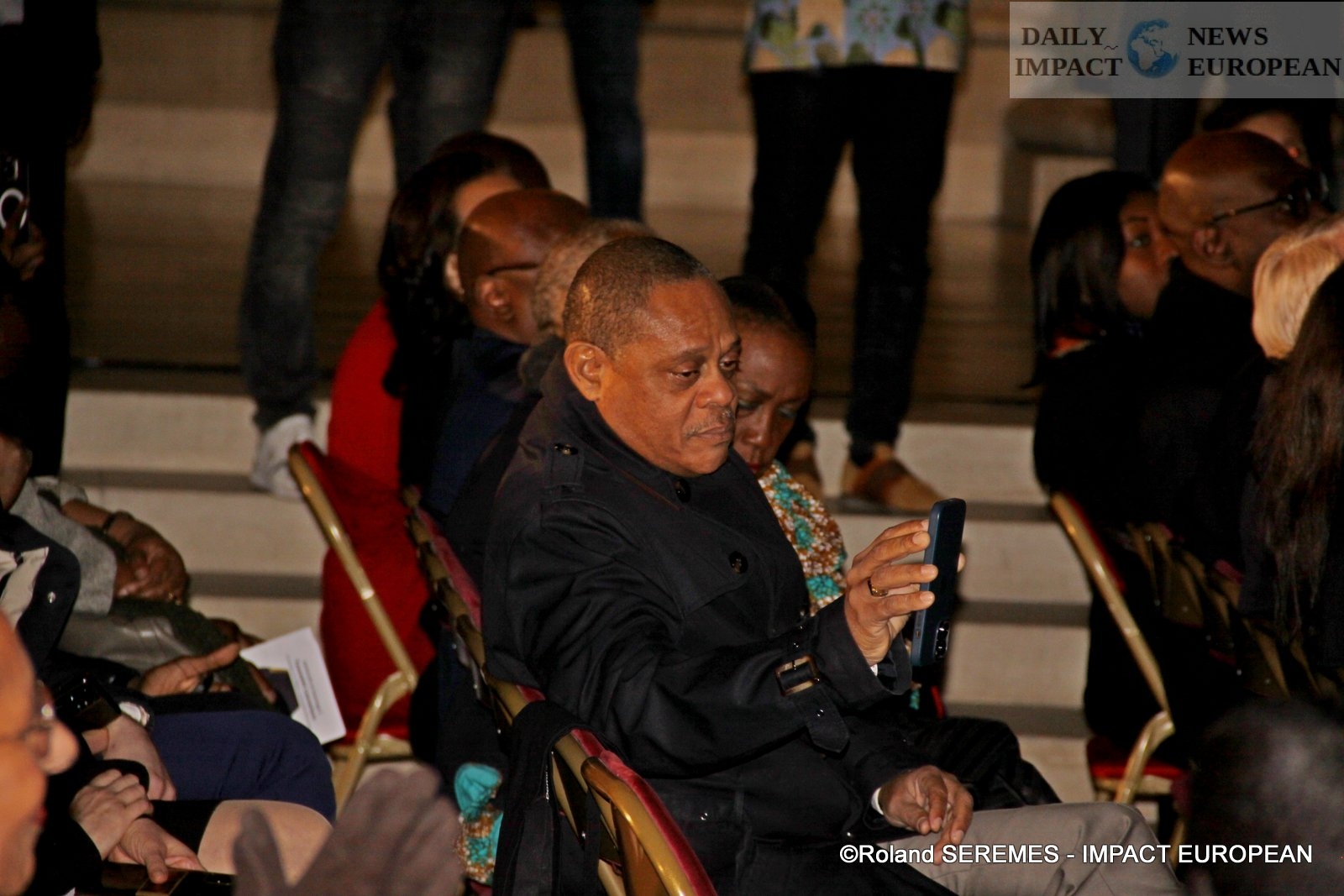
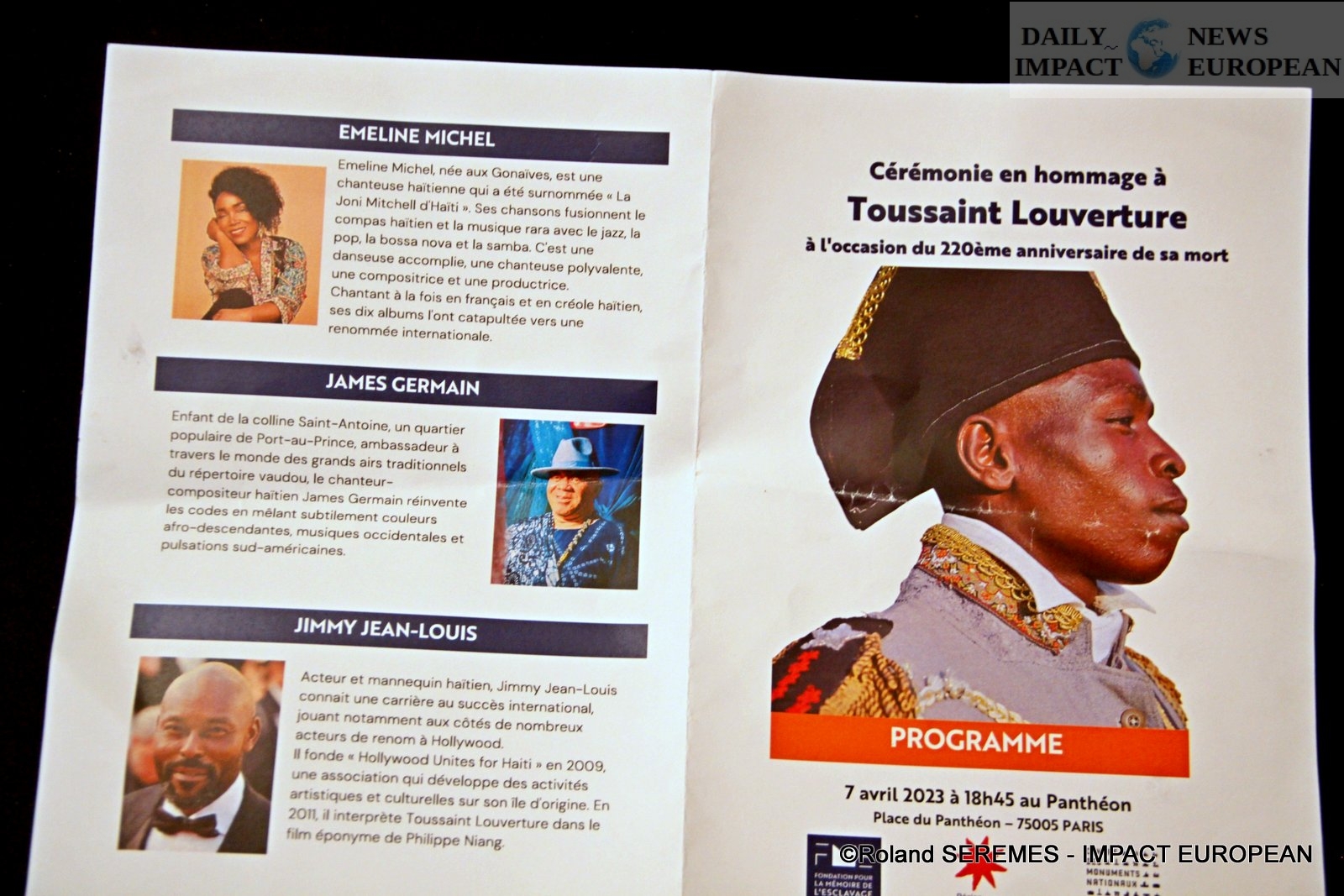


Plus d'histoires
Private Health Schools Under Scrutiny: Council of State Sides with the French Order of Physiotherapists
Dordogne: Mayor Excluded for Antisemitism Avoids Trial, LICRA Reacts
Berlin, Strategic Crossroads: Ukraine, European Security, and the Peace Economy